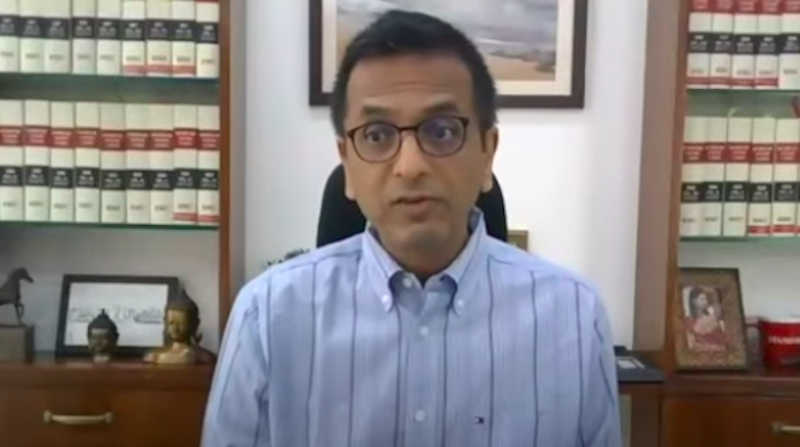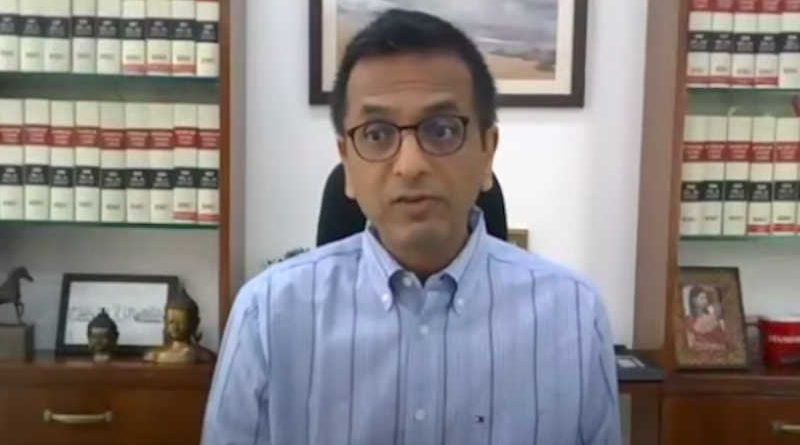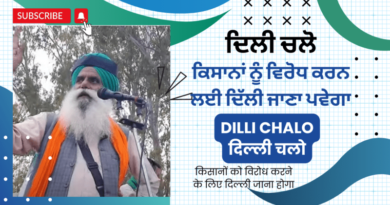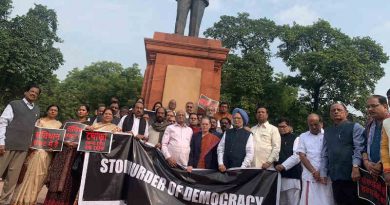Citizens Must Speak Truth to Power: SC Judge Chandrachud

Although the Supreme Court judges are hesitant to hold the government of prime minister (PM) Narendra Modi accountable for increasing dictatorship in India, their comments subtly target Modi and his regime.
By Rakesh Raman
A Supreme Court (SC) of India judge Justice D.Y. Chandrachud said that one cannot rely only on the state to determine truth. Therefore, he said, speaking truth to power is a citizen’s right and duty.
He added that the exercise of the right to speak truth to power by the citizens is integral for the functioning of a modern democracy. Justice Chandrachud was speaking today (August 28) at a virtual event on the topic “Speaking Truth to Power: Citizens and the Law” as part of the 6th Chief Justice M.C. Chagla Memorial Online Lecture. [ Click here to watch the related video. ]
He explained that “speaking truth to power” refers to the use of truth to criticize someone who is more powerful. This act aims to wield the power of truth against the state power. The assumption is that truth will counteract power and obviate a predisposition to tyranny.
He stressed that in a democratic country it is important to hold governments responsible and guard against falsehoods, false narratives, and fake news. Justice Chandrachud also cautioned against an overreliance on the government to provide social, political, economic, cultural and, in the current context, medical truths.
He highlighted manipulation of Covid-19 data as an example. “One cannot rely only on the state for truth. Totalitarian governments are known for their constant reliance on falsehoods to consolidate power,” he said.
Justice Chandrachud also called for a positive atmosphere in schools and colleges so that students can learn to differentiate truth from falsehood and question those in power.
Justice Chandrachud’s bold remarks came close on the heels of similar observations expressed by the Chief Justice of India (CJI) N.V. Ramana who has been highlighting the erosion of democracy in the country.
Although the Supreme Court judges are hesitant to hold the government of prime minister (PM) Narendra Modi accountable for increasing dictatorship in India, their comments subtly target Modi and his regime.
Recently, on August 15, CJI Ramana said that there is a lack of quality debate in Parliament while enacting laws which leads to litigations. Criticising the functioning of the Indian Parliament, Ramanna added that the laws have a lot of ambiguity and the courts do not know the object and intent behind enacting the law. “It is a sorry state of affairs,” Ramanna said at a flag hoisting ceremony in the Supreme Court campus.
While most judges in India lack courage to speak against the political leadership, Chief Justice Ramana has been constantly voicing his concerns over the eroding democratic values and human rights violations in the country.
Recently, he said that the right of people to change those in office through elections was no “guarantee against tyranny” of the elected and argued that democracy and its benefits could only be ensured by giving space to both “reasoned and unreasonable” public discourse.
Ramana also expressed concern at custodial torture saying that the threat to human rights and bodily integrity are the highest in India’s police stations.
He highlighted that custodial torture and other police atrocities still prevail despite Constitutional guarantees, adding that the lack of effective legal representation at police stations is a huge detriment to arrested / detained persons.
Chief Justice Ramana also observed on August 26 that police officers in India collude with the ruling party to harass political opponents and critics of the government.
Holding police responsible for this disturbing trend, the Supreme Court asserted that police officers work as the voice of their political masters instead of following the rule of law.
As most courts in India have lost their relevance and the police and security forces are operating as gangs of criminals to harass the citizens, people have some hope from the Supreme Court. In order to restore democracy in India, now the Supreme Court judges need to honestly practice in the court what they are preaching in their academic lectures.
By Rakesh Raman, who is a national award-winning journalist and social activist. He is the founder of a humanitarian organization RMN Foundation which is working in diverse areas to help the disadvantaged and distressed people in the society.




